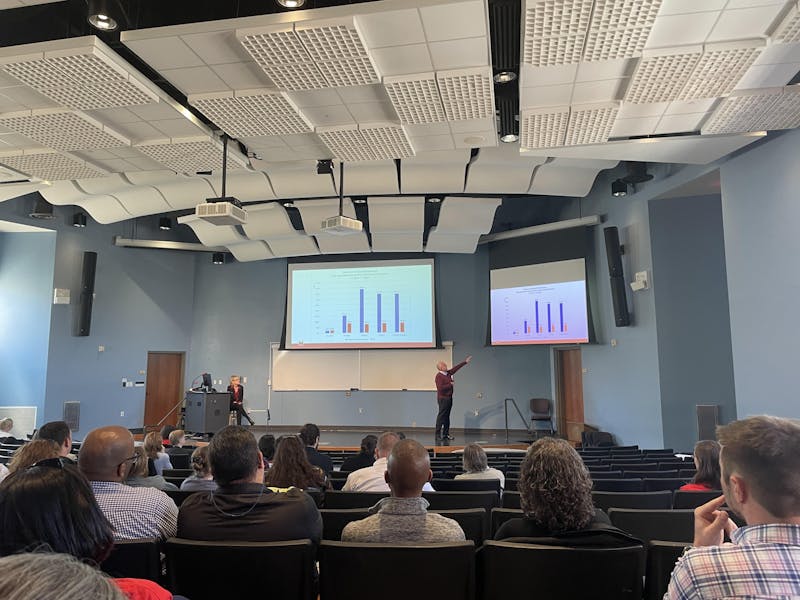In a recent study published in the Morbidity and Mortality Weekly Report (MMWR), a group of researchers investigated the association between messenger Ribonucleic Acid (mRNA) coronavirus disease 2019 (COVID-19) vaccination and sudden cardiac death in Oregon residents aged 16–30 years between June 2021 and December 2022.
Study: Assessment of Risk for Sudden Cardiac Death Among Adolescents and Young Adults After Receipt of COVID-19 Vaccine — Oregon, June 2021–December 2022. Image Credit: wacomka / Shutterstock
Background
In December 2020, the Food and Drug Administration (FDA) authorized two mRNA COVID-19 vaccines, initially allocated to healthcare workers and long-term care residents in the United States (U.S.) and later to older adults and those with high-risk conditions, before including healthy young individuals. By April 2021, all Oregonians aged ≥16 were eligible. Shortly afterward, reports emerged of myocarditis, especially in young males, with incidences estimated at 2.13 per 100,000, rising to 10.69 among young males in Israel. These cases were generally mild, with quick recoveries post-hospitalization. Despite no fatal myocarditis reports in Oregon to the Vaccine Adverse Event Reporting System (VAERS), sudden deaths among young athletes raised concerns, necessitating further research to clarify any vaccine linkage.
About the study
Under Oregon law, each death must have a completed death certificate maintained in a system that meets the data-quality standards set by the Centers for Disease Control and Prevention’s (CDC) ‘s National Center for Health Statistics, including rigorous quality assurance reviews. Although there is no independent verification for the completeness of death certificate reporting, data on Oregon residents who die outside the state are also gathered through interstate agreements. Additionally, the ALERT Immunization Information System (IIS), which serves as Oregon’s comprehensive immunization registry, required mandatory reporting of all COVID-19 vaccinations during the pandemic.
In an effort to examine the occurrence of sudden cardiac deaths possibly related to recent COVID-19 vaccination, researchers analyzed Oregon’s death certificate database. They focused on identifying individuals aged 16-30 who died between June 1, 2021, and December 31, 2022, and whose cause of death included terms such as “sudden death,” asystole,” “cardiac arrest,” “unknown,” “undetermined,” or “pending,” “arrhythmia,” and “myocarditis.” For those cases where a cardiac cause was likely, the team cross-referenced with the ALERT IIS to check if the deceased had received an mRNA COVID-19 vaccine within 100 days before their death. The analysis also considered gender differences in the findings. This investigation was carried out by the Oregon Health Authority, which stated that the activity was not research but was conducted in accordance with federal law and state policy.
Study results
During the period from June 2021 to December 2022, in Oregon, a total of 1,292 deaths were recorded among individuals aged 16 to 30 years, with males comprising 72% (925) and females 28% (367) of the deceased.
For the male decedents, none of the death certificates identified vaccination as either an immediate or contributing cause of death. COVID-19 was mentioned as a cause in 17 (2%) of the male deaths. The majority of male deaths, 842 (91%), were attributed to noncardiac causes or other conditions. However, in 66 (7%) of the cases, excluding a cardiac cause was not possible based on the information on the death certificates. Within this subset, vaccination records were available for 58 (88%), with 24 (41%) having received at least one dose of an mRNA COVID-19 vaccine. Of these 24, two deaths occurred within 100 days post-vaccination. The first involved a male who died from congestive heart failure 21 days after vaccination, with contributing conditions including hypertension, obesity, diabetes, and sleep apnea. The second case, recorded 45 days post-vaccination, was labeled as an undetermined natural cause, with toxicology reports negative for common illegal substances but positive for prescribed medications. The medical examiner could not definitively link or rule out the vaccine as a contributing factor.
Among the female decedents, similarly, no death certificate cited vaccination as a cause. COVID-19 was noted in 13 (4%) cases. The majority, 319 (87%), had noncardiac reasons listed on their death certificates. For the remaining 35 (10%), where a cardiac cause could not be excluded, vaccination records were available for 30 (86%), and 16 (53%) had received at least one mRNA COVID-19 vaccine dose. Only one female, who died four days after receiving her vaccine dose, had her death recorded as natural, with the immediate cause being undetermined but related to chronic respiratory failure due to mitral stenosis.
Conclusions
To summarize, data from 40 U.S. healthcare systems from January 2021 to January 2022 showed that cardiac complications were significantly more common after COVID-19 infection than post-mRNA vaccination for those aged ≥5 years. In Oregon, from June 2021 to December 2022, of 1,292 deaths among residents aged 16-30, none were definitively linked to cardiac causes shortly after vaccination. During this period, 979,289 vaccine doses were administered to this group. Among 30 COVID-19-attributed deaths, only three had received the vaccine. Nationwide, vaccination is credited with preventing about 3.2 million deaths in its first two years.
Journal reference:
- Liko J, Cieslak PR. Assessment of Risk for Sudden Cardiac Death Among Adolescents and Young Adults After Receipt of COVID-19 Vaccine — Oregon, June 2021–December 2022. MMWR Morb Mortal Wkly Rep (2024), DOI: 10.15585/mmwr.mm7314a5, https://www.cdc.gov/mmwr/volumes/73/wr/mm7314a5.htm

































